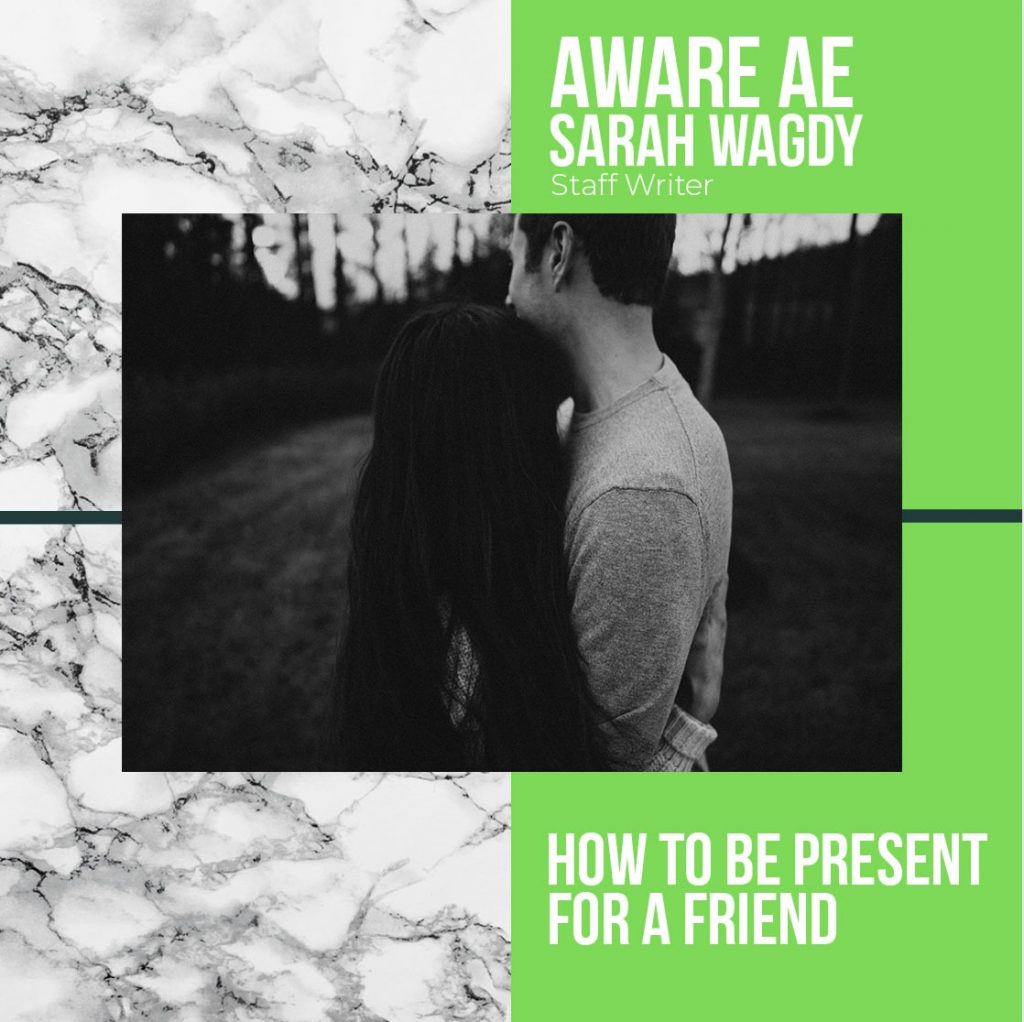During these unprecedented times, it is only natural for some of our friends (and ourselves) to experience burnout. More than ever, people have needed space and distance from their daily interactions and activities to reorient themselves and reestablish their presence in their own minds. Therefore, there are some new lessons in store for us regarding how to treat our friends who experience this or how to communicate your needs when it happens to you personally.
Push
Firstly, you need to understand that social burnout is accompanied with mental distance. Your friends may not be directly saying “I need my space” but rather, they would not text anymore or rarely start conversations. As this begins, whether it is because of familial issues, trauma, or illness, this will branch out to them having new needs.
Oftentimes, our friends will never be completely open about the type of support they require. Thus, they may brush off your well-intended “I hope you’re okay, tell me if you need anything” with a “thank you, I appreciate it” and completely discard the “tell me if you need anything”. For this reason, you have to be strategic in your approach, especially if you value the well-being of your friend. You must be willing to put in the extra effort for those you care about, as you would expect the same in return.
Show Up
Communication is a critical factor that gives you the ability to be more than a passive-supportive friend. Instead, it allows you to become an active presence that facilitates their recovery. Even when your friends are okay, it is important to have conversations about what they prefer in terms of support during times of isolation when they have a low social battery. It is unlikely that your friend will be able to voice these needs while they are feeling low.
For that reason, you have to show up. For example, if you know that they do not eat when they are struggling, bring food to them. If you know that they bottle in their problems because they do not like burdening others, ask them questions and be a safe space for them. Are they physically in need of help? Offer to come around and assist them.
If none of these aforementioned conditions are applicable, something as simple as a kind message of support or an invite to play an online game can go the distance. The bottom line is, be present. The informative conversations that outline their boundaries and preferences when it comes to distance at times of weakness are crucial – they are your specialized guidelines for person X. Learning the needs of people makes them feel valued. When people feel valued, their mental state takes that into consideration. Then, they get better.
Listen
Finally, it is more important to listen than to provide guidance – unless it is asked for. Sometimes, you have to listen without giving advice. It is common for someone to know what they have to do, but not want to do it right now.
Right now, they might just want to talk about it. Even if you think you can advise them, you have to accept that you do not understand everything and that there will always be things people choose not to mention. Your advice is valuable, but it may not necessary be an addition to the interaction.
Being heard and having someone provide an outlet for you to speak is one of the best gifts you can get. To feel safe and accepted in a non-judgmental environment also catalyzes growth and well-being. All in all, we learn that being there for someone is not a chore and is not difficult – it just takes mindfulness and empathy.
